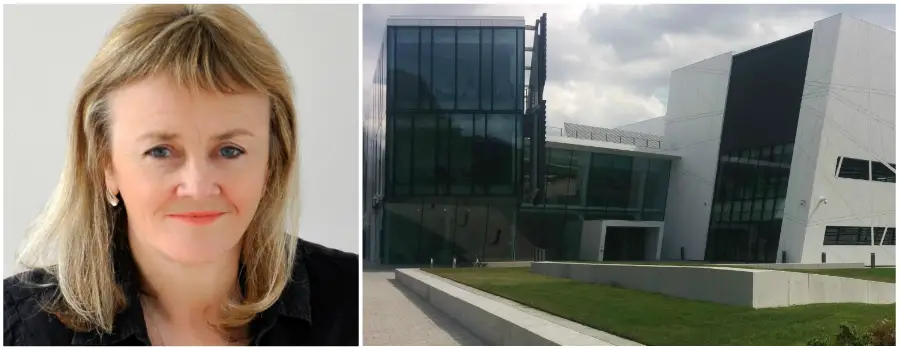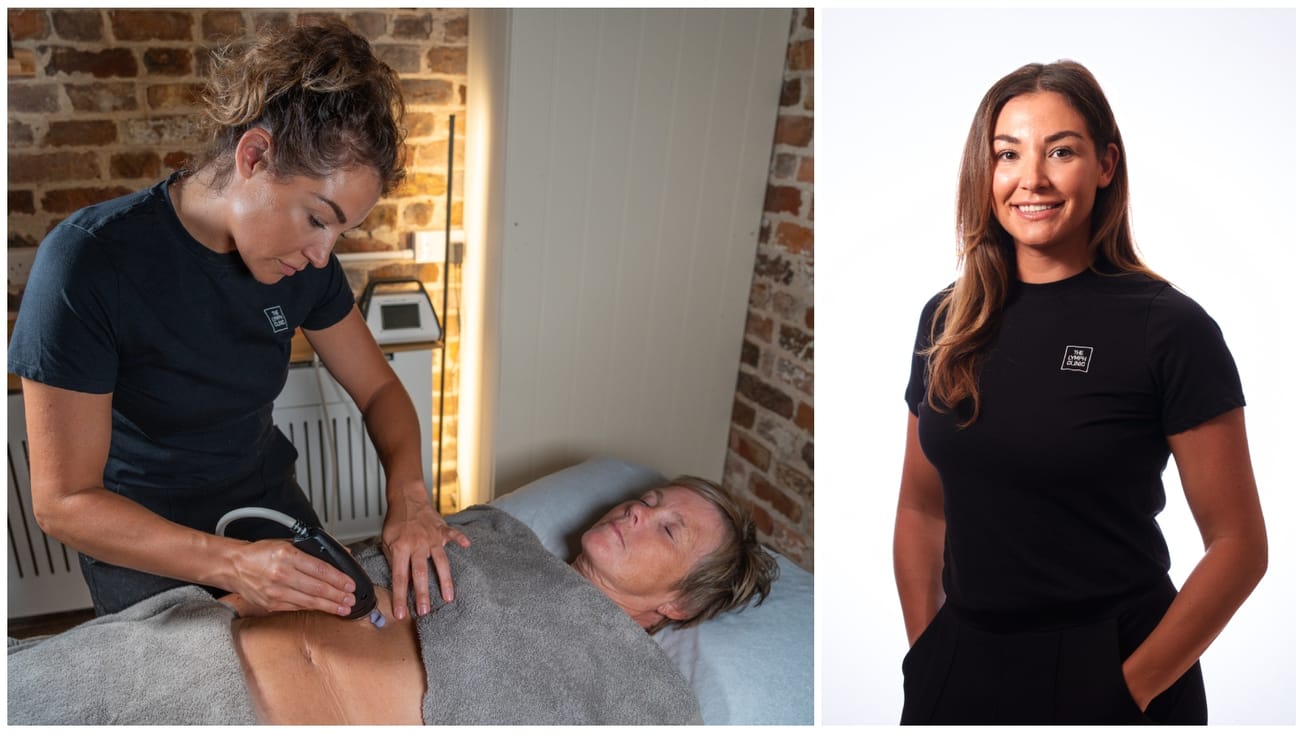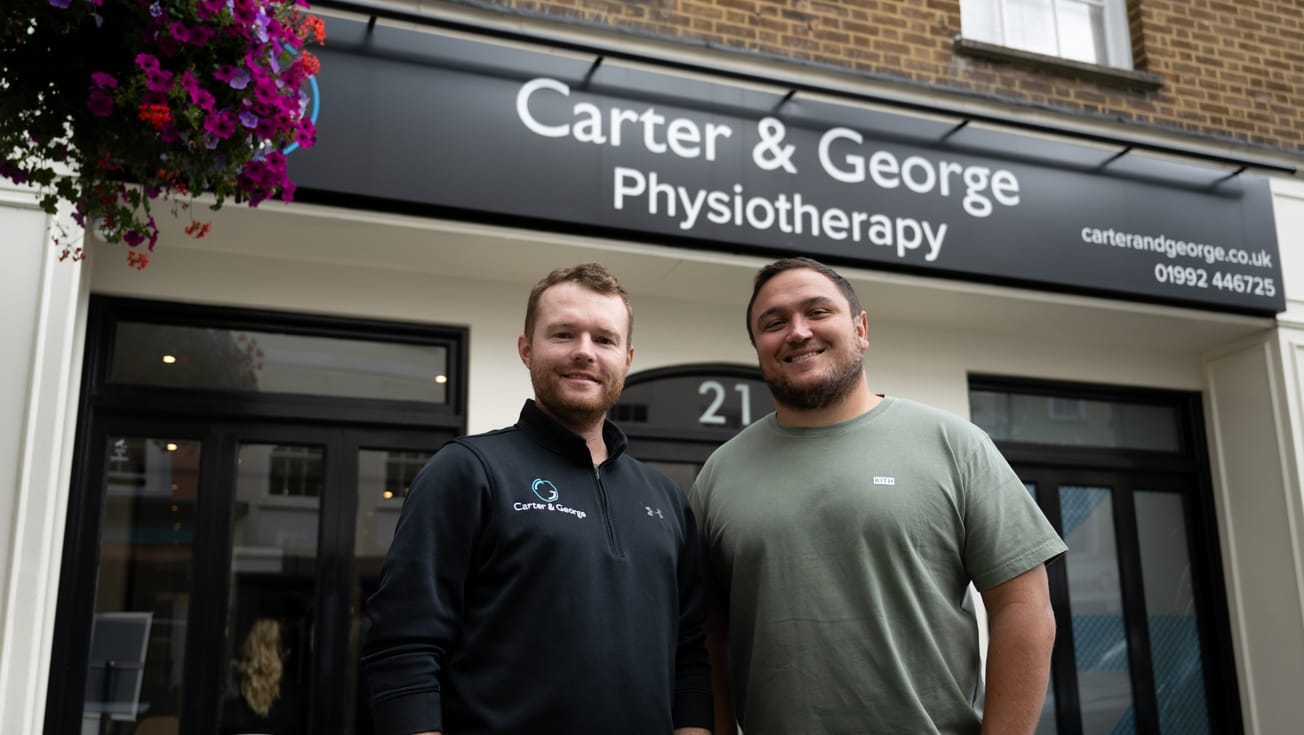An Altrincham-based scientist is to help lead a new era in pancreatic cancer research after Cancer Research UK announced a £1.2million funding boost in the North West in an effort to help transform treatment in the UK.
The charity is investing a total of £10m in the PRECISION Panc project – run by universities in Glasgow, Manchester and Cambridge – which aims to develop personalised treatments for pancreatic cancer patients, improving the options and outcomes for a disease where survival rates have remained stubbornly low.
Around 1,000 people are diagnosed with pancreatic cancer in the North West every year, with around 930 people dying from the disease in the region every year.
Scientists from the Cancer Research UK Manchester Institute, based at The University of Manchester, will work with experts at The Christie NHS Foundation Trust and with researchers across the UK on the project to develop new treatments for pancreatic cancer using a network of clinical trials, aiming to find the right trial for the right patient.

Project leaders include Altrincham-based Professor Caroline Dive, Cancer Research UK Manchester Institute’s Deputy Director and an expert in so-called liquid biopsies, and Dr Claus Jorgensen, an expert in pancreas cancer biology at the Cancer Research UK Manchester Institute, who lives in Brooklands.
The project aims to speed up recruitment and enrolment of pancreatic cancer patients to clinical trials that are right for the individual patient, with patients being selected based on their individual tumour.
At The University of Manchester, Professor Juan Valle, an expert medical oncologist treating pancreatic cancer patients based at The Christie NHS Foundation Trust, said: “PRECISION Panc aims to transform how we treat pancreatic cancer by matching the right treatment to the right patient.
“Because the disease is so aggressive, patients may be too unwell and receive no treatment at all; or if they are given an option it may be for just one line of treatment, so it’s essential that the most suitable treatment is identified quickly. It’s important we offer all patients the opportunity to be part of research alongside their standard care.”
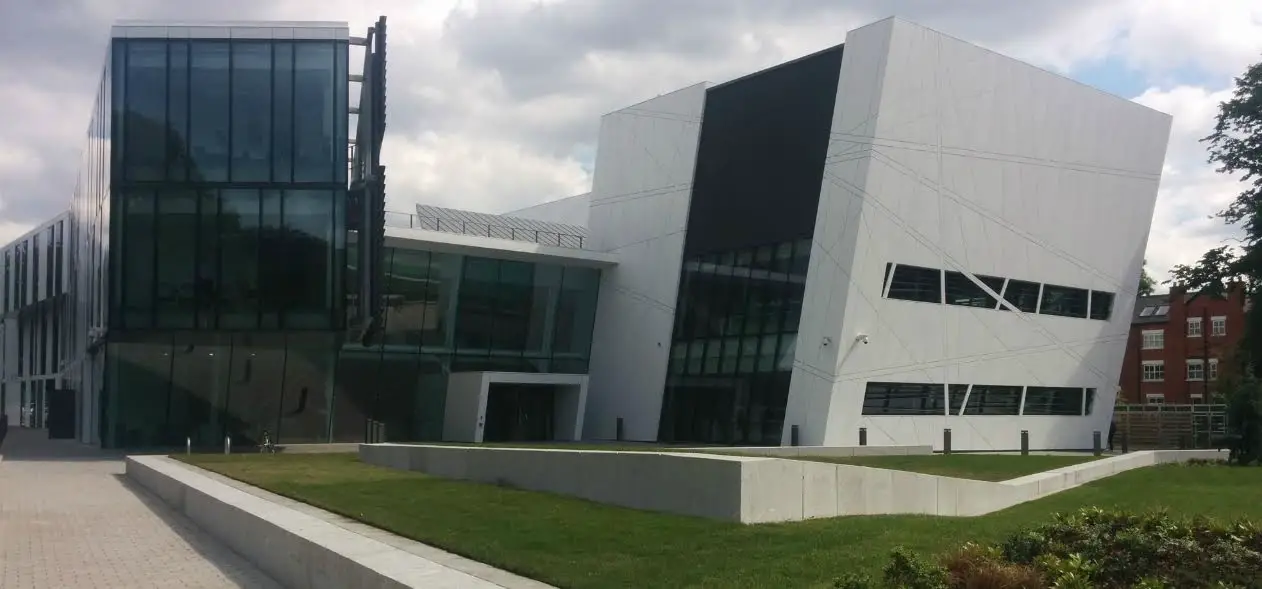
Professor Dive said: “Repeat tumour biopsies are challenging for pancreas cancer patients and my laboratory is very excited to be working with clinical colleagues to determine if measuring DNA shed from pancreas cancer tumours into the bloodstream can help us select treatments and monitor patients’ responses.”
PRECISION Panc has been developed over the course of three years through the unwavering commitment of pancreatic clinicians and researchers who see that the patients deserve much more than is currently available to them.
Rachel Teale, 46, from Worsley, near Manchester, lost her father Bruce to pancreatic cancer in 2004 at the age of 62.
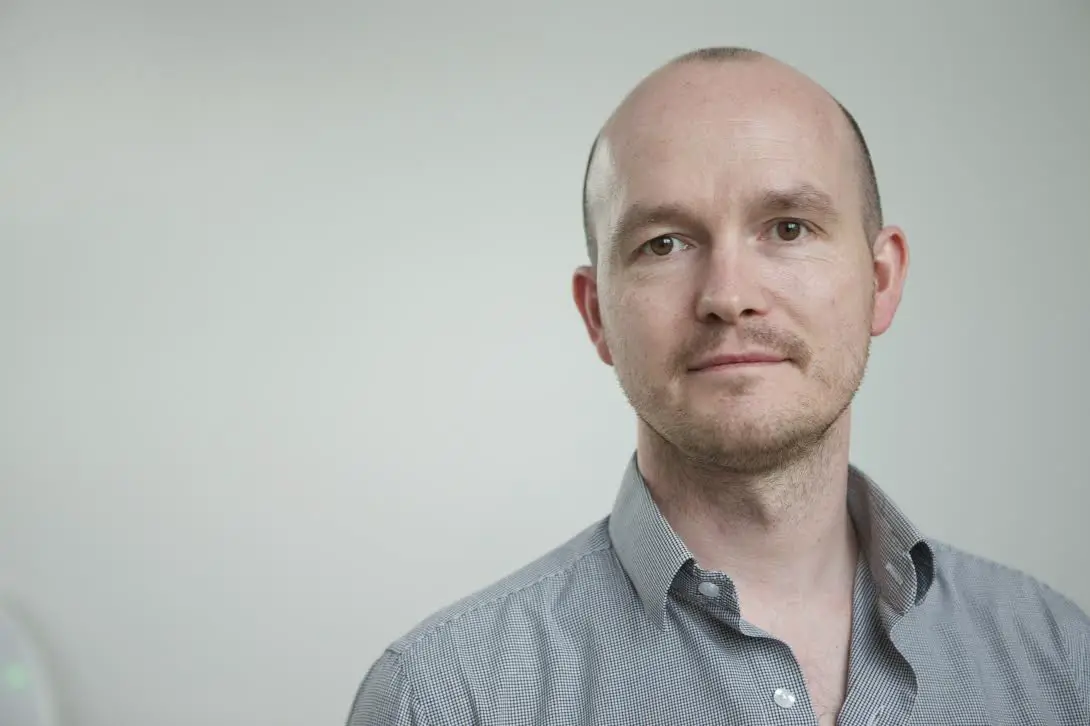
He had been diagnosed with pancreatic cancer a year earlier in November 2003 and had been treated at the Christie.
Rachel said: “It’s good to see such a big investment in pancreatic cancer research in the North West. My dad’s last 12 months were filled with pain. He was diagnosed the month my mum retired, and he never got to see his granddaughter, who he doted on, grow up and realise her dreams.
“We need more research to find better treatments so other people don’t have to go through what Dad went through, and so others can live to enjoy their retirement and see their grandchildren grow up.”

